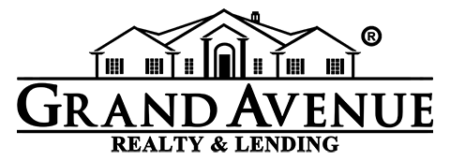Are you excited to purchase a new house for the first time? Here are useful tips that are sure to help you in your new venture.
- Do a research on how much comparable properties cost in the same area. There are websites where you can do this. Websites like National Association of Realtors allow you to search actual MLS listings in your area. Websites like Zillow and Homegain gives you an estimate of how much it will cost you.
- Use a mortgage calculator to see how much it will cost you and see which properties you can afford. MSN Real Estate’s home affordability calculator can give you a good idea of how much you’ll need to prepare.
- Find out what is the maximum cost you will have to pay every month for the house (including staxes and insurance). MSN Real Estate’s home affordability calculator can help you do that. According to the Insurance Information Institute, annual premiums can range from ($477 in Utah) to $1,372 (in Texas). Where you live influence your cost. In some states, taxes and insurance costsare so high, they can increase your mortgage payment by almost 100%. To get a good estimate of how much insurance will cost, call an insurance agent in the area you’re interested in. Getting a quote does not oblige you to get insurance from them. With regards to taxes, you can go to Zillow. There you can find property-tax information for homes across the country. Keep in mind that there may be exemptions and irregularities in local tax law that could cause rates to differ.
- Keep in mind closing costs. This is one of the things required to purchase a property but oftentimes overlooked. It needs to be paid upfront. The fee is estimated by the lender. It will include other fees like origination fees, taxes, settlement fees and prepaid fees. If you want to know the average closing cost in your area, check Bankrate.com’s annual closing cost survey.
- Study your finances and see if it can still accomodate payment for a house. According to Fannie Mae (FNMA), you should not spend more than more than 28% of your budget on housing fees. If you do, you risk becoming house poor.
- Get insights from reputable real estate agents in your area. Get their forecast on the real estate market and gauge if they think it’s looking up or if it’s not doing so well.
- Think about this: Can you really afford a new house? It may need major repairs soon. Can you handle the costs?
Buying a new house is a good investment. But you need to be sure you’re ready for it because it’s also a big responsibility.


